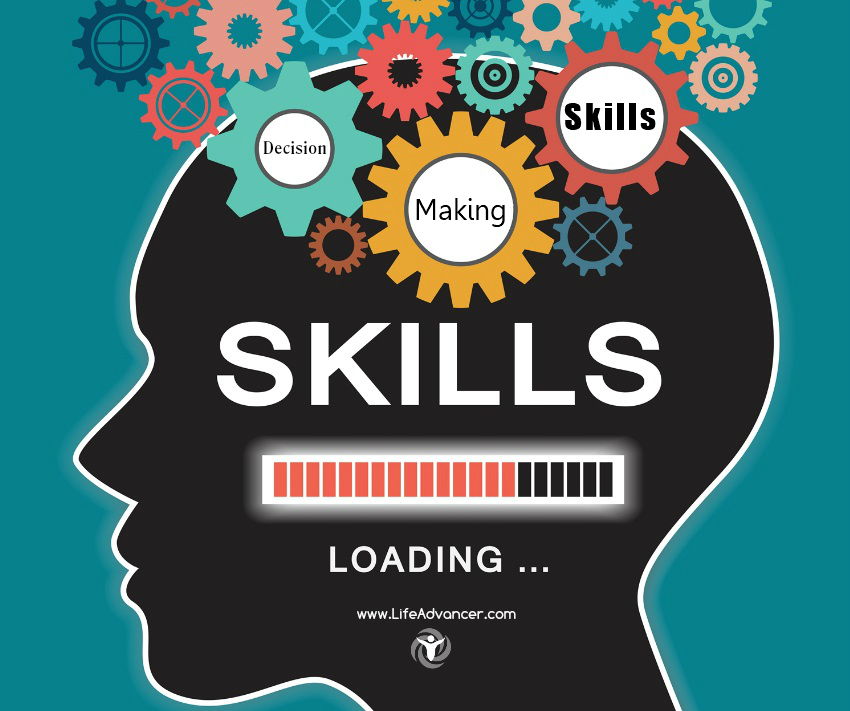Within a rapidly evolving world teeming with persistent distractions and elevated stakes, the ability to make clear and effective decisions under pressure is even crucial than any time in history. Whether you are guiding a team, confronting personal challenges, or merely facing the daily choices of life, honing the art of smart decision-making can deeply impact your outcomes. improve decision-making of decisions can feel overwhelming, especially when time is limited, and stakes are high. Nonetheless, with the suitable techniques and mindset, you can improve your decision-making skills and approach even the toughest choices with confidence.
Understanding the psychological factors that influence our decisions is essential for success. Many individuals battle with decision fatigue, which can blur judgment and lead to suboptimal choices. By utilizing proven techniques such as adopting decision-making frameworks and embracing emotional intelligence, you can improve your clarity and conviction, even in uncertain situations. This article aims to explore various strategies—from balancing intuition with logic to cultivating daily habits that strengthen your decision-making abilities—helping you handle the complexities of life's choices with skill and assurance.
Proven Methods for Effective Decision-Making
To enhance your decision-making skills, start by mastering the art of gathering relevant information. Investing the time to explore and understand the options available can provide clarity and minimize ambivalence. Leverage reliable sources and data to inform your decisions, making sure that you are not forming decisions solely on intuition. Systematic inquiry can lead to more knowledgeable outcomes, enabling you to evaluate the prospective benefits and threats effectively.
One more important technique is to create a decision-making structure that caters to your particular needs and situation. Structures such as SWOT analysis, which assesses assets, disadvantages, opportunities, and threats, can help clarify your options. By using a methodical approach, you create a repeatable process to guide your assessments, limiting the chances of rash or reactive responses that frequently lead to suboptimal decisions.
In conclusion, nurturing emotional intelligence plays a vital role in effective decision-making. Identifying and regulating your feelings, as well as understanding the feelings of others, facilitates a more balanced perspective. This awareness helps deter impulsive decisions driven by anxiety or fear. By merging EQ with rational analysis, you can achieve a more complete view of the situation at hand, ultimately culminating in more certain and effective decisions.
Overcoming Hurdles in Intense Situations
Making choices under pressure can be daunting, often resulting to rash decisions that may not show our highest thinking. One key challenge in these scenarios is the emotional response triggered by pressure, which can cloud clarity. It’s crucial to recognize these feelings and practice strategies such as intense breathing or imagining a peaceful environment to lessen overwhelming feelings. This break enables for a clearer evaluation of the situation and encourages reasoned decision-making.

Additionally major challenge is the excessive multitude of possibilities that can accompany high-pressure situations. The phenomenon known as “paralysis by analysis” often happens when individuals get trapped considering every possible alternative. To combat this, employing decision-making frameworks can ease the process and enable faster choices. For case, ranking the most essential factors can streamline options and highlight the best option.
Ultimately, the fear of making the wrong choice can cripple even the most seasoned decision-makers. Developing emotional intelligence is important in addressing this anxiety. By developing self-awareness and understanding how emotions impact decisions, individuals can tackle choices with a more balanced view. Acknowledging failures as growth opportunities rather than failures encourages a growth mindset, enabling individuals to make decisive, informed decisions even in intense situations.
The Role of Instinct and Awareness
Intuition plays a crucial role in making decisions, particularly in stressful situations where time is limited. It is often described as a intuitive sense or an innate understanding that guides individuals toward a decision without the deliberate weighing of pros and cons. This automatic response can be informed by past experiences and accumulated knowledge, allowing for quick conclusions when consideration may not be feasible. Understanding when to trust your instincts can enhance your ability to make effective decisions, particularly in ambiguous environments.
Mindfulness complements intuition by fostering a state of awareness that encourages clearer thinking. Being mindful allows individuals to observe their thoughts and feelings impartially, creating space to weigh options more carefully. This practice helps to mitigate anxiety and stress, which can cloud judgment and lead to rash or irrational decisions. By cultivating mindfulness, you can enhance your self-awareness, enabling you to more clearly identify when to rely on your instincts and when further analysis is needed.
Combining intuition with awareness leads to a harmonious decision-making approach. It helps people to acknowledge their emotional responses while also remaining open to logical thought. This harmony allows for more confident and thoughtful choices, even under pressure. Training in both areas can sharpen decision-making abilities skills, helping to navigate challenging situations more successfully and improving overall outcomes, both personally and professionally.
